Writing about impact in a grant application can be challenging, but a strong description of the benefits you hope your project will have can make all the difference between getting funded or not.
This refers to Research Impact. Although some projects will have a theoretical scope with no discernible benefit outside academia, these are unlikely to be eligible for external funding.
You can find our A brief guide to impact on Brightspace which explains what we mean by Impact.
The Funding Landscape

Funders consider the whole call when reviewing applications, so think about what is currently big in policy/research/the media etc. The panel review all applications which have been shortlisted and will assess the potential impact of funding a group of them, not just individual projects.
PPI/participatory/engaged research has never been more important. Studies show that effective and meaningful co-production/involvement of beneficiaries enhances impact at every stage of the study so make sure to thread it throughout where appropriate.
A quick note on UK Research and Innovation (UKRI). Recently the Research Councils dropped their required ‘Pathways to Impact’ attachment. This does not mean that impact is no longer important in applications, but that they want to see it woven throughout.
Funder Requirements
Requirements will vary by funder, call, theme, endowment etc., so always read the guidance and speak to your Research Facilitator for advice.
Academic excellence is fundamental. Consider additional collaborators if they would provide a different angle, and include knowledge mobilisers or those who are needed for implementation.
Look out for key words in the guidance that highlight impact: engagement, non-academic partnerships/governance, regional/national significance etc. ‘Value for money’ is also common- potential research is a social return on an investment and cost consequences are scrutinised.
For projects working with developing countries you need to aim for impact on the involved population. Try to demonstrate that the generation of impact will be led by those it most affects.
Impact in the Application

For a standard UKRI application you should be aiming to include impact in each section:
Objectives and Aims: integrate your research goals and your impact goals – funders want to see the need for the research.
Plain English Summary: non specialists need to be able to understand the impact so the panel can assess properly the problems you are solving and the proposed beneficiaries.
Case for Support: most of this needs to contain impact including the background to the project and its potential contribution, methods of research and their relevance/suitability, track record of the team, delivery milestones, monitoring and evaluation, success criteria etc.
Justification of Resources: cost impact in, you are encouraged to! Consider public engagement resources, evaluation costs, staff members – UKRI say that they want to see 10-15% of costs going to impact.
Work Packages (WP): either have an Impact WP, or include some impact in all of your WPs
Fast Track Impact is full of great resources including How to integrate impact into a UKRI case for support
For all funding applications:
Make impact easy to find: use formatting, cross referencing or signposting. This can also help with wordcounts, as flowcharts and diagrams if allowed often don’t count as text.
Involve beneficiaries/stakeholders/end users in the design of the research and impact plan: BU has brilliant resources for involving the public in research, so do contact PIER or VOICE for advice.
Think about the project’s longevity: consider what follow-on support you might need to generate/upscale impact, or how you might leverage further investment after the funding. This is difficult but funders like to see project sustainability and an exit plan.
Troubleshooting

If you have trouble identifying your potential impact, consider:
- Aims – what do you want to change with your research?
- Beneficiaries/stakeholders – who will benefit?
- Activities – how will you reach your goals?
- Evaluating and evidencing – how will you demonstrate change?
A Theory of Change model (diytoolkit.org) can be helpful in plotting these concepts.
Finally, remember that embedding impact at the start will improve both the application and your research, and that you should be aiming for game-changing (but realistic) results.
Some useful resources are listed below, and you can always get in touch with your Impact Advisors at impact@bournemouth.ac.uk.
Stakeholder analysis (ODI)
Research Impact toolkit (ESRC)
Impact tracking and evaluation (Matter of Focus)
Impact planning guide + template (Fast Track Impact)
Planning for impact – NIHR toolkit for researchers – ARC (many links)
PiiAF (Public Involvement Impact Assessment Framework)
Towards co-production in research with communities (AHRC)
 Tomorrow (Monday 13th May) and Tuesday BNAC (Britain-Nepal Academic Council) will held its annual conference. The conference is called the 21st BNAC Nepal Study Days, which will be in Edinburgh this year. Bournemouth University academics will be involved in several presentations and panel discussions. Drs. Pramod Regmi and Nirmal Aryal and prof. Edwin van Teijlingen will be part of the panel discussion ‘Navigating Health Challenges: The Well-being of Nepalese Migrant Workers’. All three academics were part of the recently completed study on kidney disease in Nepalese Migrant workers, a project lead by Bournemouth University and funded by The Colt Foundation.
Tomorrow (Monday 13th May) and Tuesday BNAC (Britain-Nepal Academic Council) will held its annual conference. The conference is called the 21st BNAC Nepal Study Days, which will be in Edinburgh this year. Bournemouth University academics will be involved in several presentations and panel discussions. Drs. Pramod Regmi and Nirmal Aryal and prof. Edwin van Teijlingen will be part of the panel discussion ‘Navigating Health Challenges: The Well-being of Nepalese Migrant Workers’. All three academics were part of the recently completed study on kidney disease in Nepalese Migrant workers, a project lead by Bournemouth University and funded by The Colt Foundation. 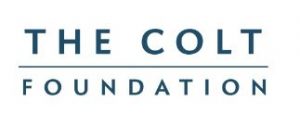 All three researchers are also involved in the latest international research funded by a $4 million cooperative agreement awarded by the U.S. Department of State’s Office to Monitor and Combat Trafficking in Persons, International Programs. USA.
All three researchers are also involved in the latest international research funded by a $4 million cooperative agreement awarded by the U.S. Department of State’s Office to Monitor and Combat Trafficking in Persons, International Programs. USA.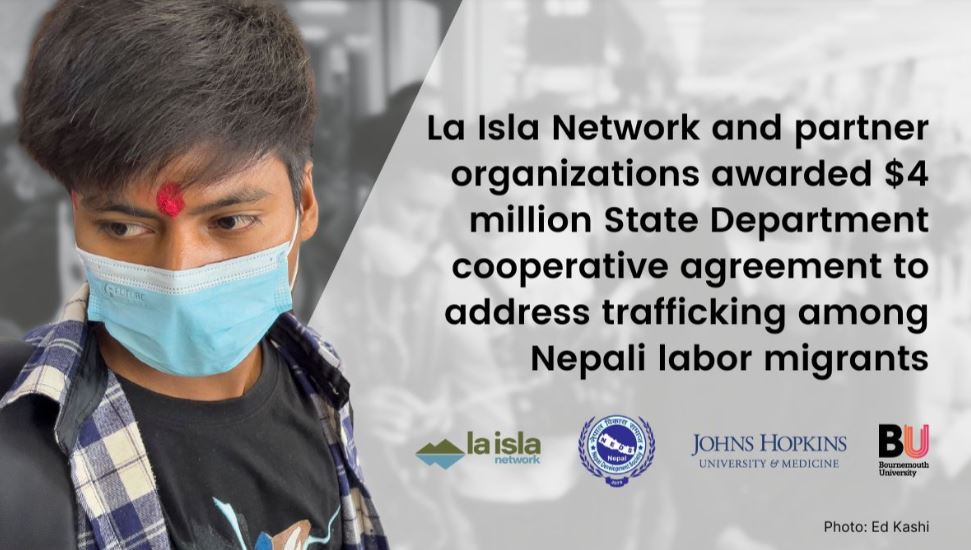


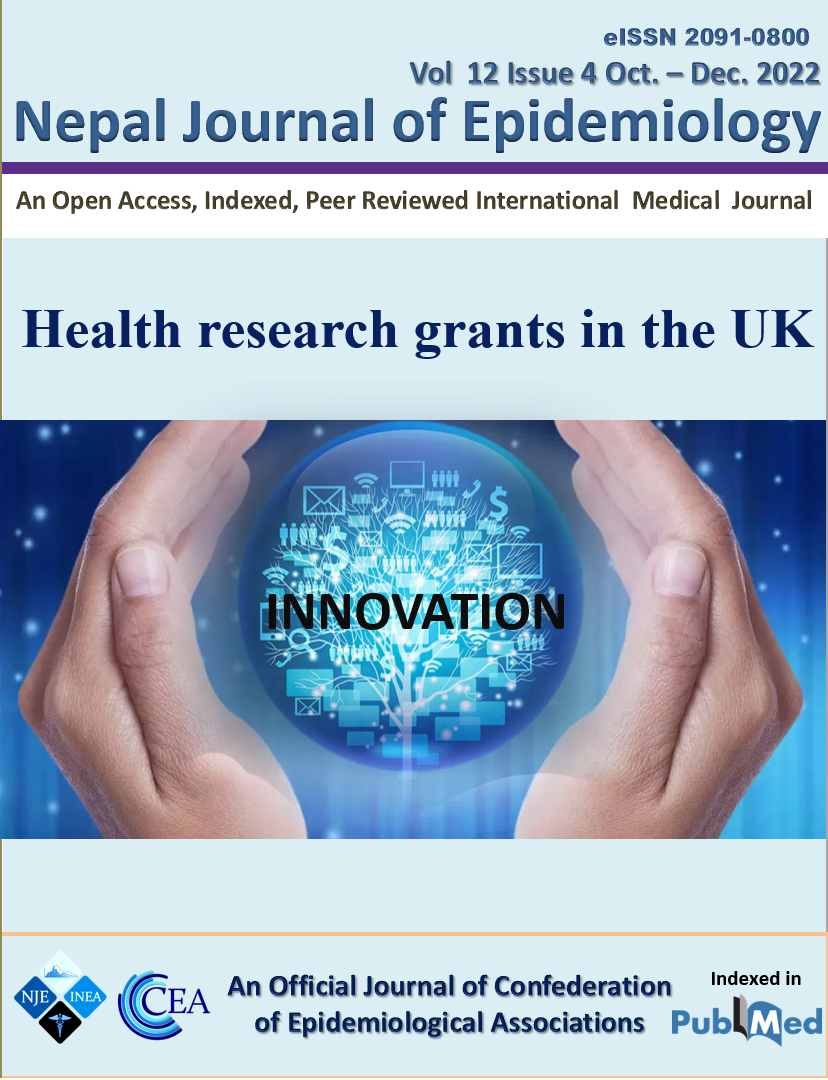
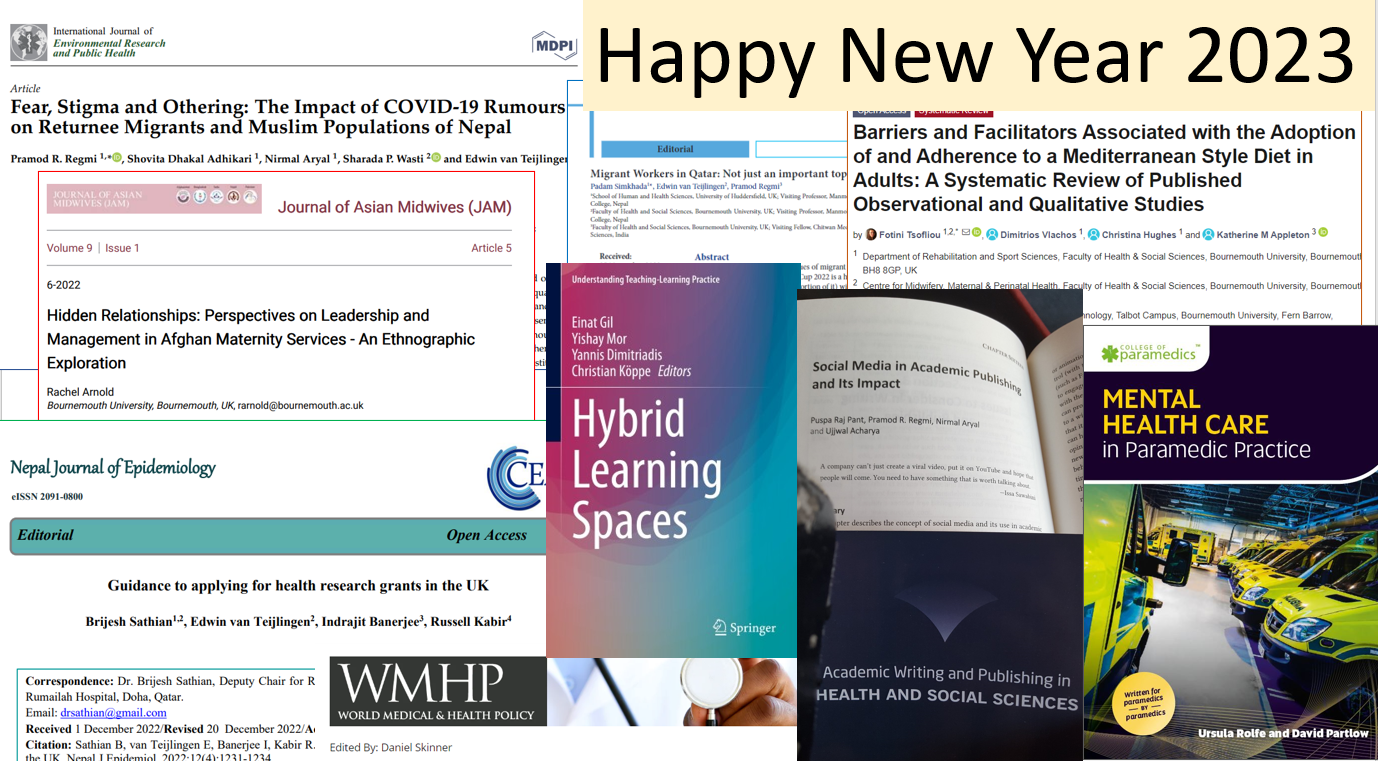
 Funding Development Briefings kicked off on 14th of September 2022 for this academic year.
Funding Development Briefings kicked off on 14th of September 2022 for this academic year.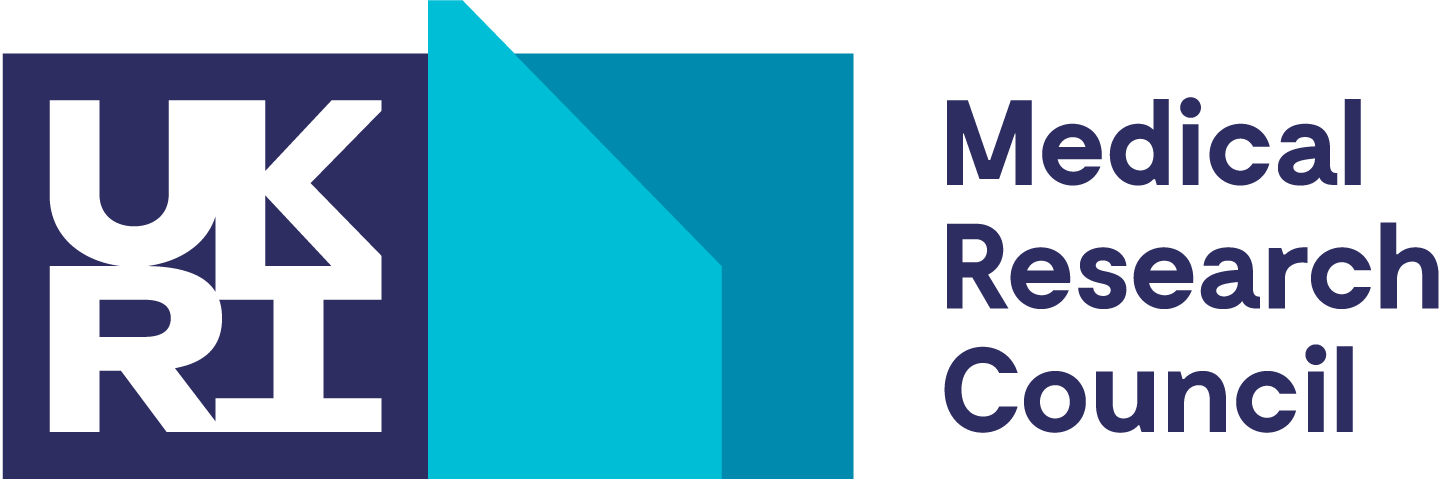 The RDS Funding Development Briefings occur weekly, on a Wednesday at 12 noon.
The RDS Funding Development Briefings occur weekly, on a Wednesday at 12 noon.




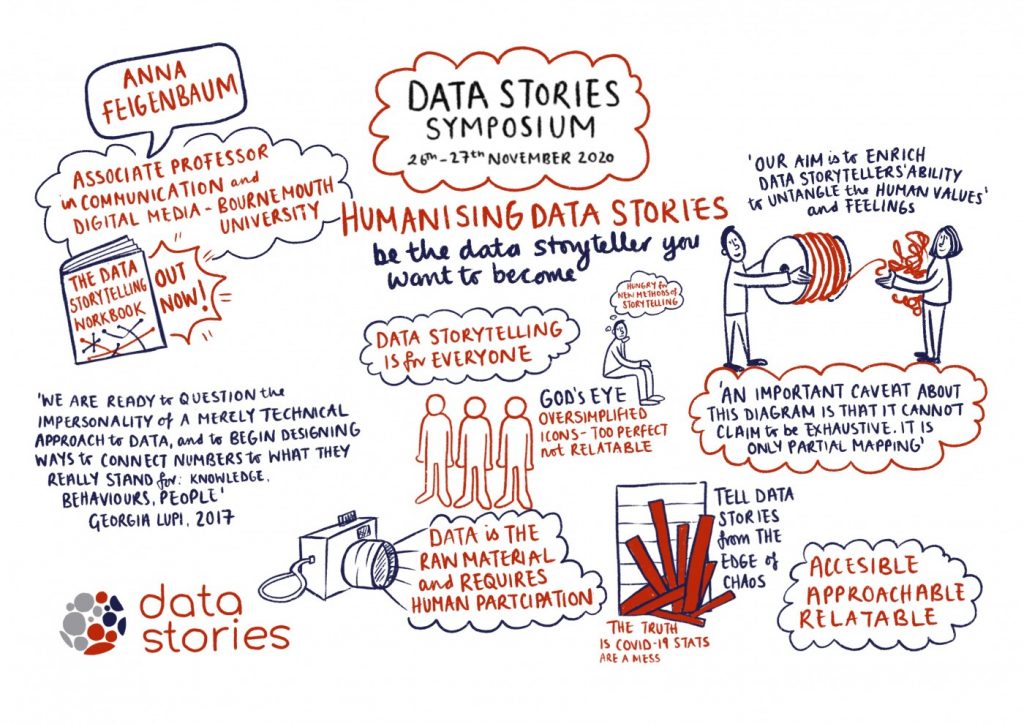
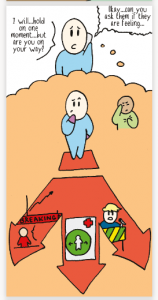

 If you would like to take the opportunity of online impact training as it relates to the UKRI Case for Support or writing the impact sections of Horizon 2020 proposals, Professor Mark Reed of Fast Track Impact is offering free, interactive webinars, giving you access to his most popular training sessions. Due to a high level of interest, there are now a further 100 tickets available for each of the two courses below:
If you would like to take the opportunity of online impact training as it relates to the UKRI Case for Support or writing the impact sections of Horizon 2020 proposals, Professor Mark Reed of Fast Track Impact is offering free, interactive webinars, giving you access to his most popular training sessions. Due to a high level of interest, there are now a further 100 tickets available for each of the two courses below:
 If you’re an arts and humanities early career researcher who has applied to Round 4 (or thinking of applying to future rounds) of the
If you’re an arts and humanities early career researcher who has applied to Round 4 (or thinking of applying to future rounds) of the  NERC introduced
NERC introduced 

 NERC/MRC/ESRC in collaboration with the Belmont Forum, have issued a call to fund transdisciplinary, end-user focused approaches to investigate and address the linkages between climate, environment and health. Projects should seek to bridge knowledge gaps, understand health risks, improve predictability, and deliver usable data, information, and innovative solutions to planners and decision makers. The following themes are prioritised for this call; food systems and nutrition; heat and health and; climate-sensitive infectious diseases.
NERC/MRC/ESRC in collaboration with the Belmont Forum, have issued a call to fund transdisciplinary, end-user focused approaches to investigate and address the linkages between climate, environment and health. Projects should seek to bridge knowledge gaps, understand health risks, improve predictability, and deliver usable data, information, and innovative solutions to planners and decision makers. The following themes are prioritised for this call; food systems and nutrition; heat and health and; climate-sensitive infectious diseases. 
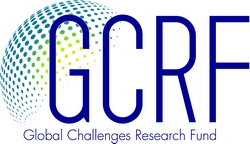
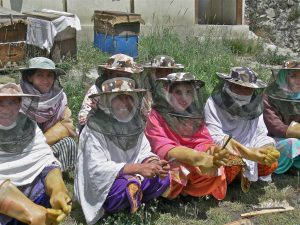











 Dr. Ashraf cited on ‘Modest Fashion’ in The Guardian
Dr. Ashraf cited on ‘Modest Fashion’ in The Guardian NIHR-funded research launches website
NIHR-funded research launches website Academics write for newspaper in Nepal
Academics write for newspaper in Nepal New paper published on disability in women & girls
New paper published on disability in women & girls Global Consortium for Public Health Research 2025
Global Consortium for Public Health Research 2025 MSCA Postdoctoral Fellowships 2025 Call
MSCA Postdoctoral Fellowships 2025 Call ERC Advanced Grant 2025 Webinar
ERC Advanced Grant 2025 Webinar Horizon Europe Work Programme 2025 Published
Horizon Europe Work Programme 2025 Published Horizon Europe 2025 Work Programme pre-Published
Horizon Europe 2025 Work Programme pre-Published Update on UKRO services
Update on UKRO services European research project exploring use of ‘virtual twins’ to better manage metabolic associated fatty liver disease
European research project exploring use of ‘virtual twins’ to better manage metabolic associated fatty liver disease